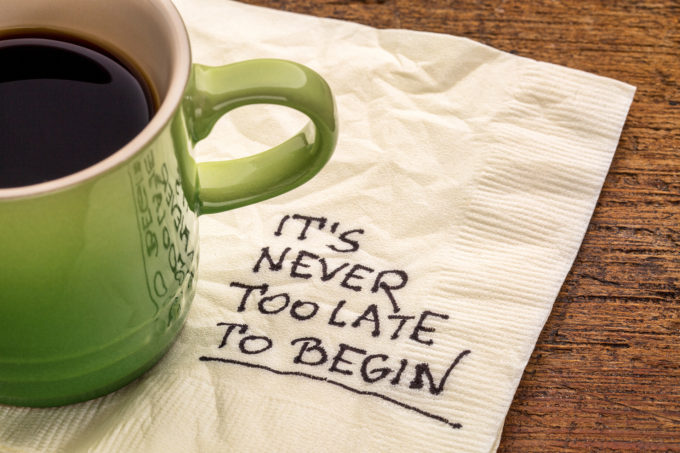Being of Service: 15 Self-Care Ideas Learned Through My Bodywork Practice

How do I best help my clients?
What inspires me to go to work?
As health care professionals, one of the skills we bring to our work is caring for the well being of our clients. This is one of our soft skills. This soft skill is part of how we apply our therapeutic interventions with clients. It informs us about their suffering and needs. When clients feel we understand their struggles they are more open. They can share more of themselves in a safe and vulnerable way that informs our treatment plan.
I first started my practice in the healing arts over 35 years ago. I began my work as a Registered Massage Therapist (RMT), and then advanced into a practitioner of Rolfing® Structural Integration. Through this work, I have striven to tune in and understand my capacity for empathy as a means of connecting with my client’s needs, resources, vulnerabilities and circumstances.
As we use our empathy to connect with our client’s situation, we have a fuller understanding of what they need. Likewise, the use of our compassion provides motivation to relieve their suffering. Through body awareness we sense into the physical challenges of our clients. This can direct the goals of how we might help them.
Through my own explorations of self-care and self-understanding, I have come to better understand the application of care. Many of the trainings I’ve participated in have presented and underscored self-care as a cornerstone for understanding how to provide care for others. Applying my personal self-care emphasis allows me to calibrate the care I provide to others. By taking responsibility for my own care and increasing my capacity for self-care, I believe that I‘ve been more able to encourage and instruct my clients and workshop participants in their own self-care.
When I care for myself I am motivated to care for my clients. This allows me to operate my practice from a place of embodied wisdom.
Here are some self-care ideas you can start using today.
Eat regularly. The physiological homeostasis – the body’s ability to balance itself – provided by eating regularly stabilizes us both emotionally and mentally.
Get enough sleep. Our demanding lifestyles often compromise sleep which is a slippery slope to many a system breakdown.
Take vacations. A break from our routines provides perspective on our lives. Getting away from it all can make room for more sleep, return to leisure activities, and intimate connection with loved ones.
Make time for self-reflection. Our culture places high value on exterior focus. Tuning into our own inclinations can help set a more fulfilling life’s course.
Read literature not related to work. This broadens our focus and allows us to synthesize new ideas.
Practice receiving from others. “It is better to give than receive” doesn’t always apply. There is great benefit in learning to draw in that which is needed.
Say no to extra responsibilities. We might be trying to get ahead at work, help a friend or just be likable, but extra responsibility can easily turn into overwhelm.
Give yourself affirmations, praise yourself. Our thoughts can become mired in negativity. This self-care gem will set our thinking back where it belongs: supporting us from within.
Allow yourself to cry. Related to self-reflection, crying can cleanse our interior by releasing what needs to be let go.
Find things that make you laugh. Similar to crying, laughter refreshes our interior with a breeze of joy.
Play with children. The energy of the young can remind us of a more carefree and imaginative way of being.
Meditate. Learning to direct our attention is a most valuable tool.
Spend time with nature. The cleansing energies of nature sooth the body mind and spirit.
Be open to inspiration. New ideas, places and activities can lift the spirit.
Sing. Although not always easy, it can free the soul.





